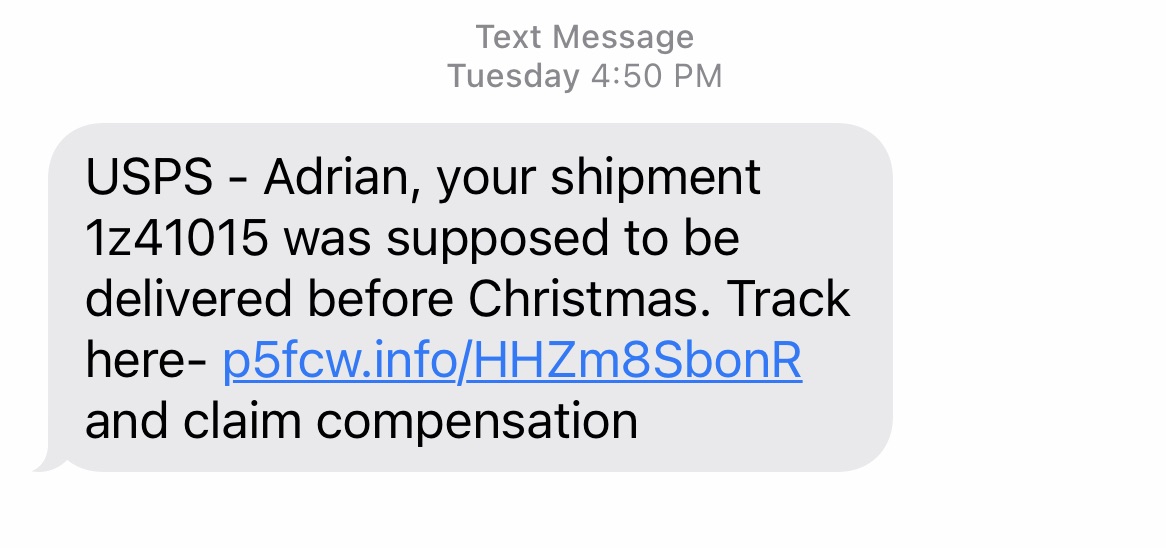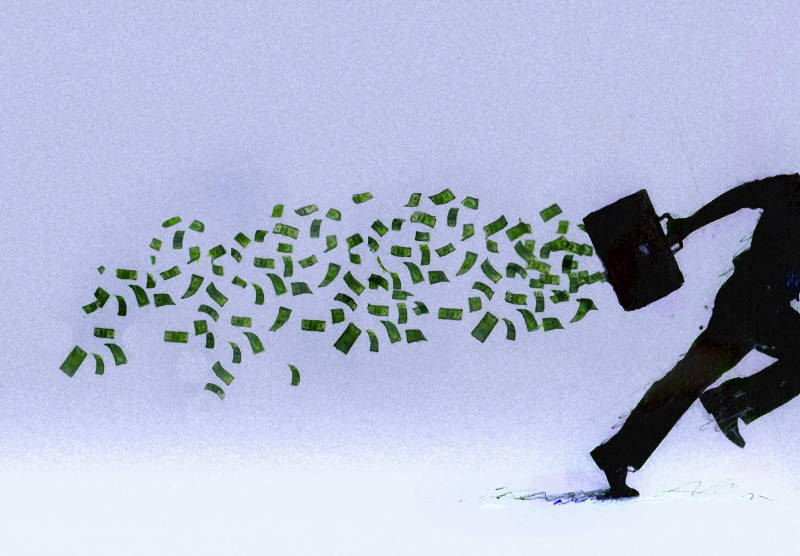I got a text the other day that read something like this:
USPS – Adrian, your shipment was supposed to be delivered before Christmas. Track here and claim compensation.
This scam was easy for me to spot because my name is Rachael, not Adrian. It’s an example of a phishing scam; so-called because the hackers are like fishermen casting a wide net, in hopes of snagging as many of us as they can dupe for profit.
In a world where we’re more likely than not waiting for a late package or bank deposit, it’s quite easy for scam artists to prey on our anxiety and distraction — especially when most of us are sheltering at home during this pandemic as new COVID-19-related scams multiply.
The FBI and Federal Trade Commission have both warned of an increasing number of scams related to fake text messages and even videoconferencing calls from “public health officials,” according to the University of Colorado Boulder.

“I’m by myself, I don’t have anybody nearby I can say, ‘Hey, what do you think of this?’” said 81 year-old Thomas Kennedy, a retired journalist in Pinole. He got scammed last November into buying $1,700 worth of CVS gift cards, by people claiming to help him get a refund on — get this — a fake update of Norton antivirus software.

